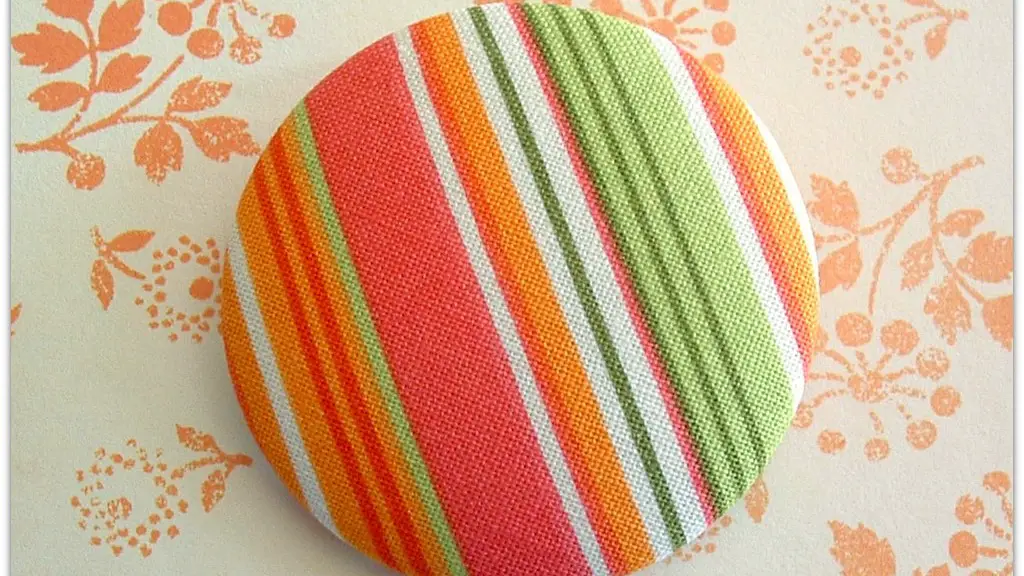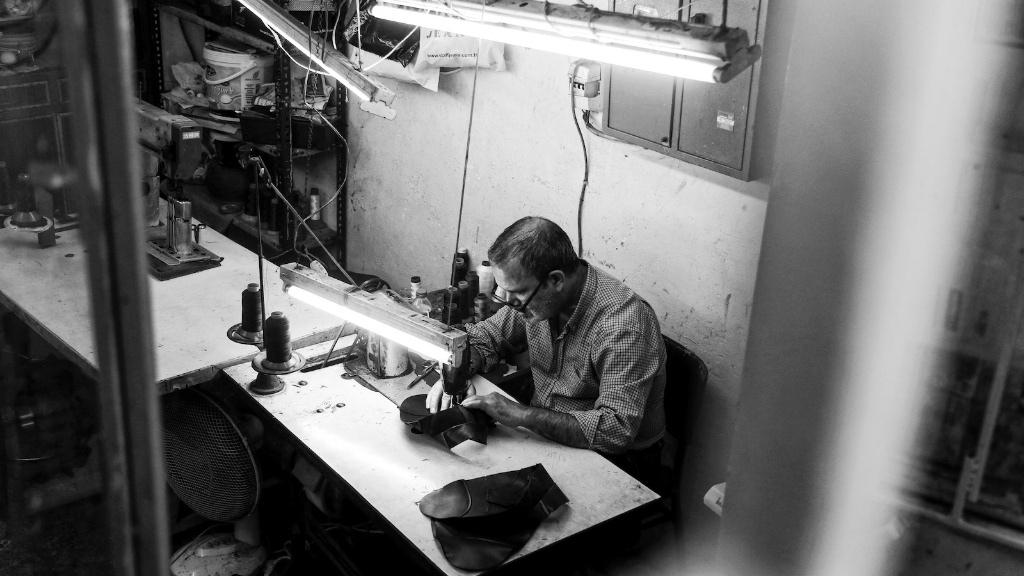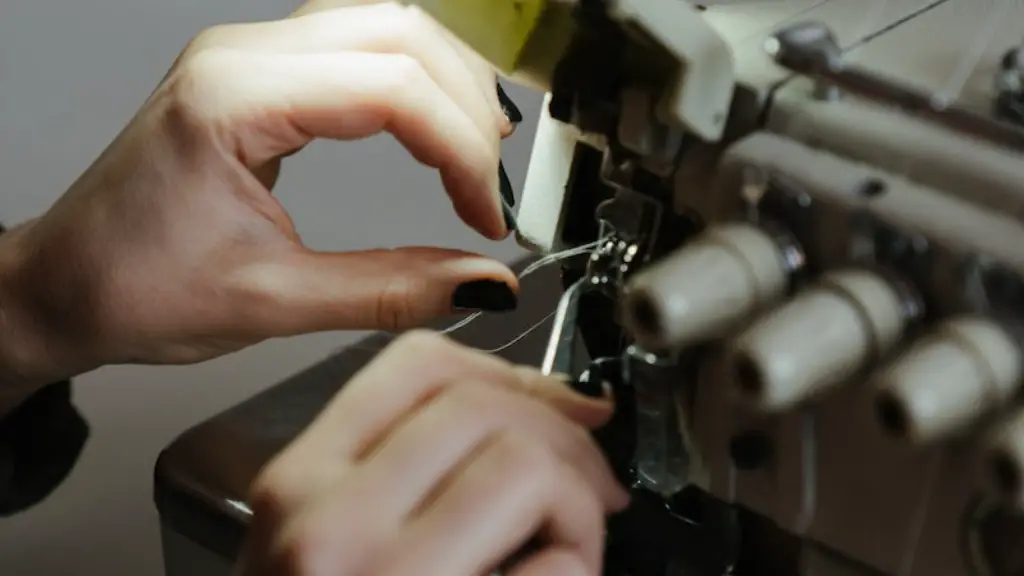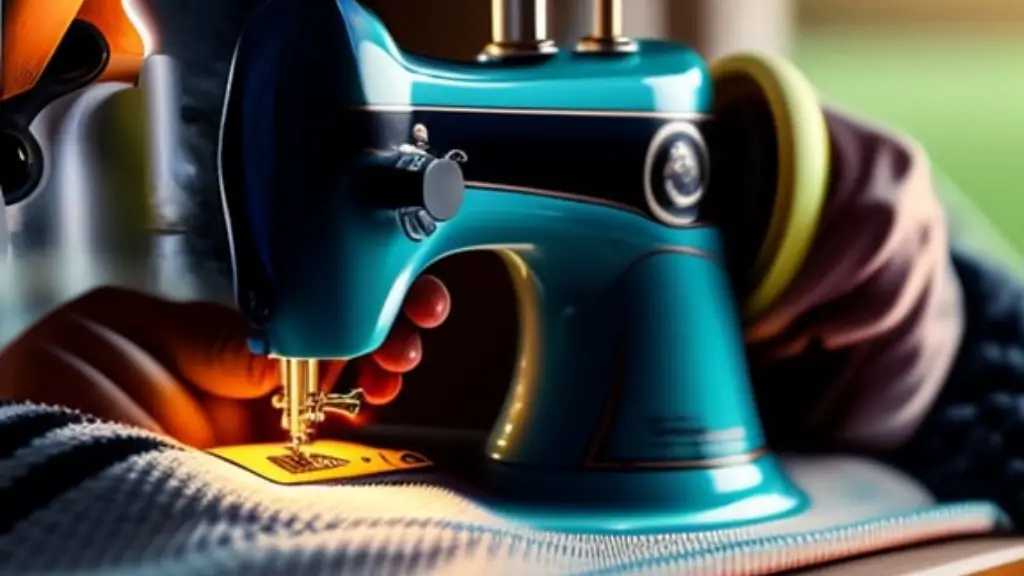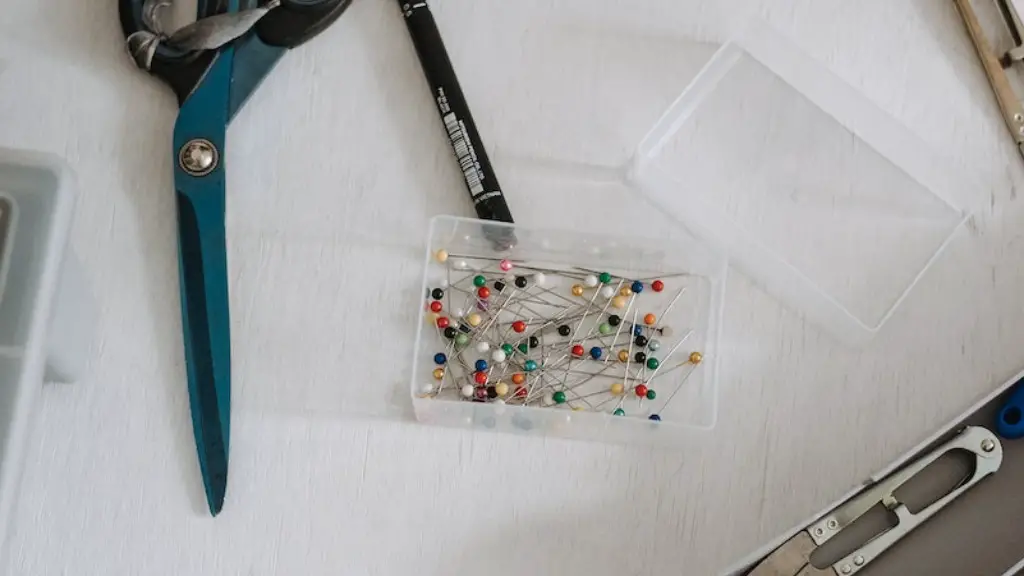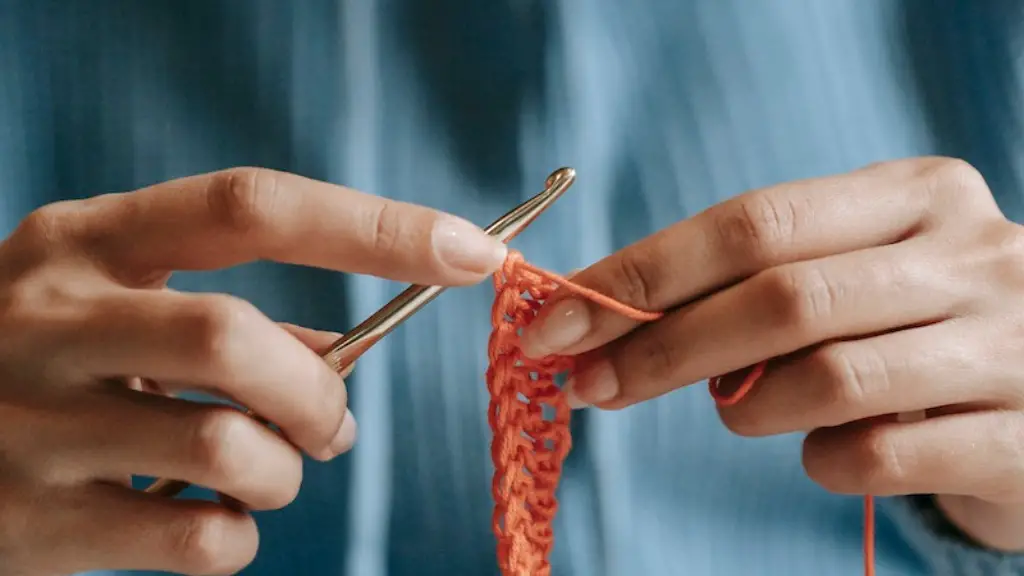Anyone researching how much a sewing machine costs in Nigeria will quickly find that the answer is not a simple one. Prices vary depending on factors like quality, size, features, and brand. There is no fixed price, but sewing machines come in different ranges. In this article we examine the factors that go into determining the cost of a sewing machine in Nigeria, and explore some of the options currently available on the market.
Starting from the cheapest, it is possible to purchase a basic mechanical sewing machine for an average price of between ₦10,000 to ₦20,000. They tend to be of decent quality, but don’t offer any of the features that come with more expensive models, such as a variety of stitch type preferences like buttonhole stitches and overlock, speed adjustment and a free arm option. Mechanical sewing machines are operated with a foot pedal, which makes controlling the speed more difficult, and they are louder and less precise than other models. These machines are better suited to more basic projects such as mending clothes and simple repairs and are ideal for those looking to sew occasionally.
At the next level, more advanced machines with more features, such as electrics, mini machines, and small portables, come in a wider range of prices. Most electric machines typically range between ₦20,000 to ₦60,000.
These machines offer options such as precise speed and stitch control and a wide variety of built-in stitch patterns. With a wider range of features, electric machines are better suited to more exacting tasks. They are perfect for hobbyists and beginners who want to create more than just basic sewing projects.
For experienced sewers, there are higher end machines which can range from ₦80,000 to over ₦200,000. Included in this range are machines that offer features such as: i. Auto needle threaders ii. Advanced built-in stitch patterns iii. USB memory storage iv. Speed control v. Embroidery & quilting options.
These machines are more suitable to professionals, who can take advantage of the advanced features they offer. Their precision and quietness is also ideal for more intricate tasks like creating custom clothing.
In addition to the prices outlined above, buyers should be aware that they may be liable for taxes and customs duties. Shipping costs will also depend on the size and weight of the machine and will need to be factored into the cost. Finally, it’s also worth considering that purchasing a sewing machine locally may be cheaper than overseas options, although with a larger selection and potentially better deals, it may still be wise to shop around and compare.
Types of Sewing Machines
There are several types of sewing machines available that are designed for different sewing tasks and needs. Understanding these different types can make any buying decision easier.
Mechanical machines are the most basic and usually the cheapest option. They are operated with a foot pedal and limited in terms of features and stitch selection. They are best suited to beginner-level sewing projects.
Electronic machines take the mechanical machine one step further, offering more advanced features such as stitch selection and speed control. While more expensive than mechanical machines, they can still be relatively affordable.
Computerised machines offer even more features and stitch selection, as well as memory storage. They are more expensive, but are suitable for professional sewers.
Mini and portable machines are smaller, more lightweight versions of the machines above and ideal for those who need to take their machine on the go. Most offer features similar to those of electronic and computerised machines, but are usually not as powerful, and are more expensive.
For specific tasks such as embroidery or quilting, specialised machines are available that offer features such as larger hoop sizes, memory options and more intricate stitch selection. They are more expensive than other machines, but can make intricate tasks easier.
Factors to Consider When Buying a Sewing Machine in Nigeria
When buying a sewing machine in Nigeria, there are several factors to consider before making a purchase. Firstly, consider the type of sewing projects you intend to do, as this will determine which type of machine will be most suitable.
It’s also important to consider the machine’s features. In general, the more features and functions a machine has, the more expensive it will be. Consider what features are essential for your sewing needs, and don’t pay for features you won’t use.
Finally, consider the brand. Good quality brands can often be more expensive, but you can be sure of their performance capabilities. Cheaper brands may be more affordable, but they may not offer the same level of quality.
Finding the Right Sewing Machine
Finding the right sewing machine can be a challenge, but understanding the pricing and types available can help make the process easier. Consider what your sewing needs are and how much you are willing to spend, and keep an eye out for discounts and sales.
Also, do your research and understand the features and functions each type of machine can offer. This can help narrow down your search and make the buying decision easier.
Knowledge and Skill Required
Sewing machines require some amount of knowledge and skill to operate correctly, and it is important to take the time to learn the basic skills required. Taking a sewing class or reading books on the subject can help you to understand the features, settings, and functions of the machine, as well as basic sewing knowledge and tips and tricks.
It is also important to understand the machine’s care instructions. Regular maintenance, such as cleaning and oiling, can ensure the machine’s longevity.
Where to Buy a Sewing Machine in Nigeria
Sewing machines can be found in most department stores, fabric stores, and online. Many stores in Nigeria also offer sewing machines, so it’s worth shopping around to compare prices. Online stores tend to offer more competitive prices, so it may be worth checking them out.
Ultimately, the decision is yours. Understanding the pricing and different types of sewing machines available in Nigeria can help make the process smoother.
